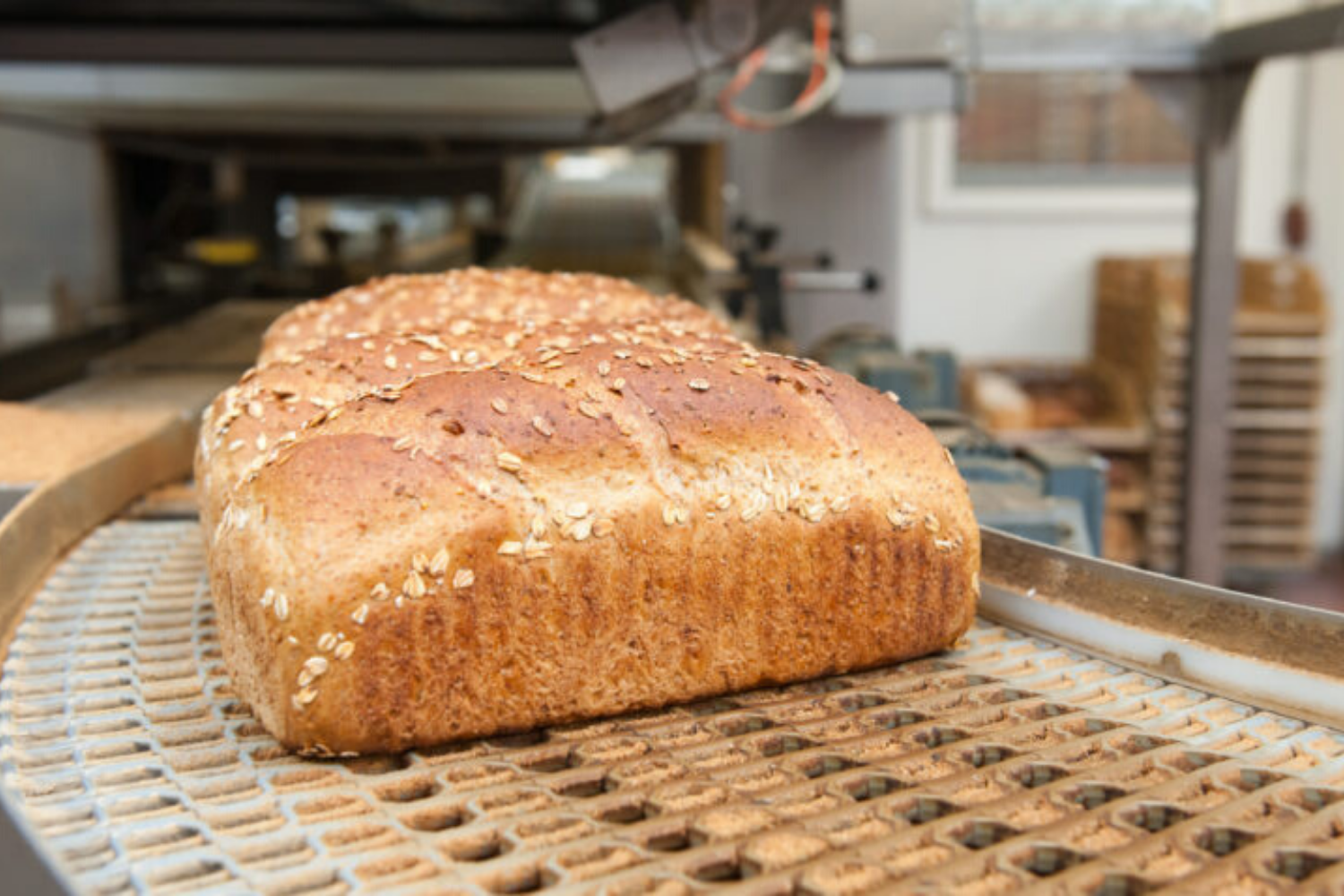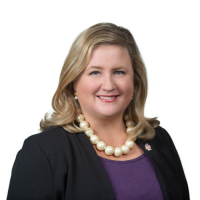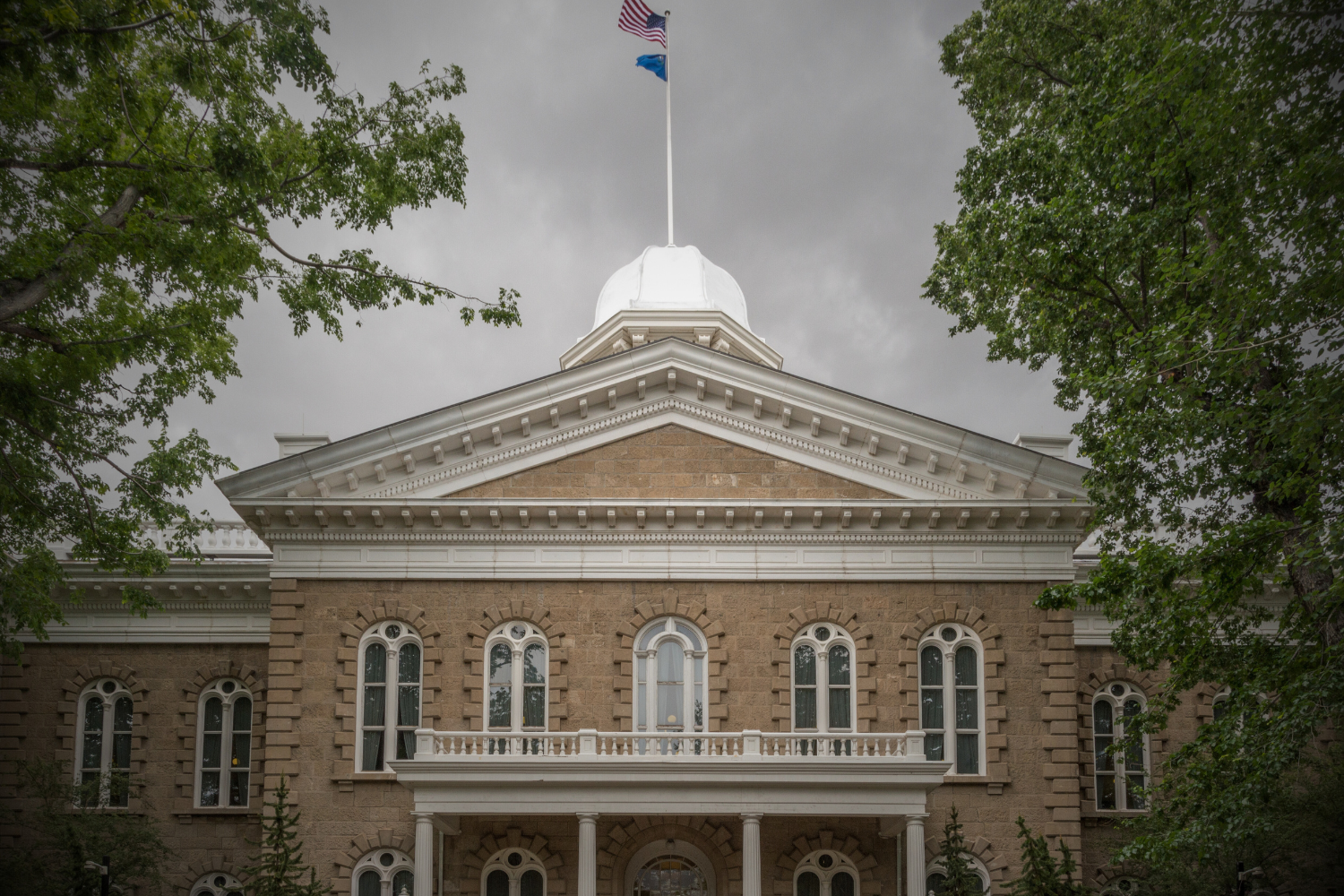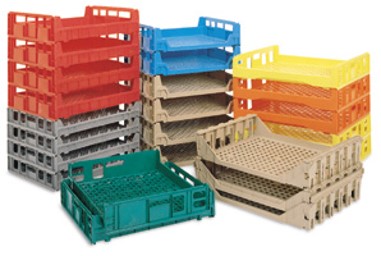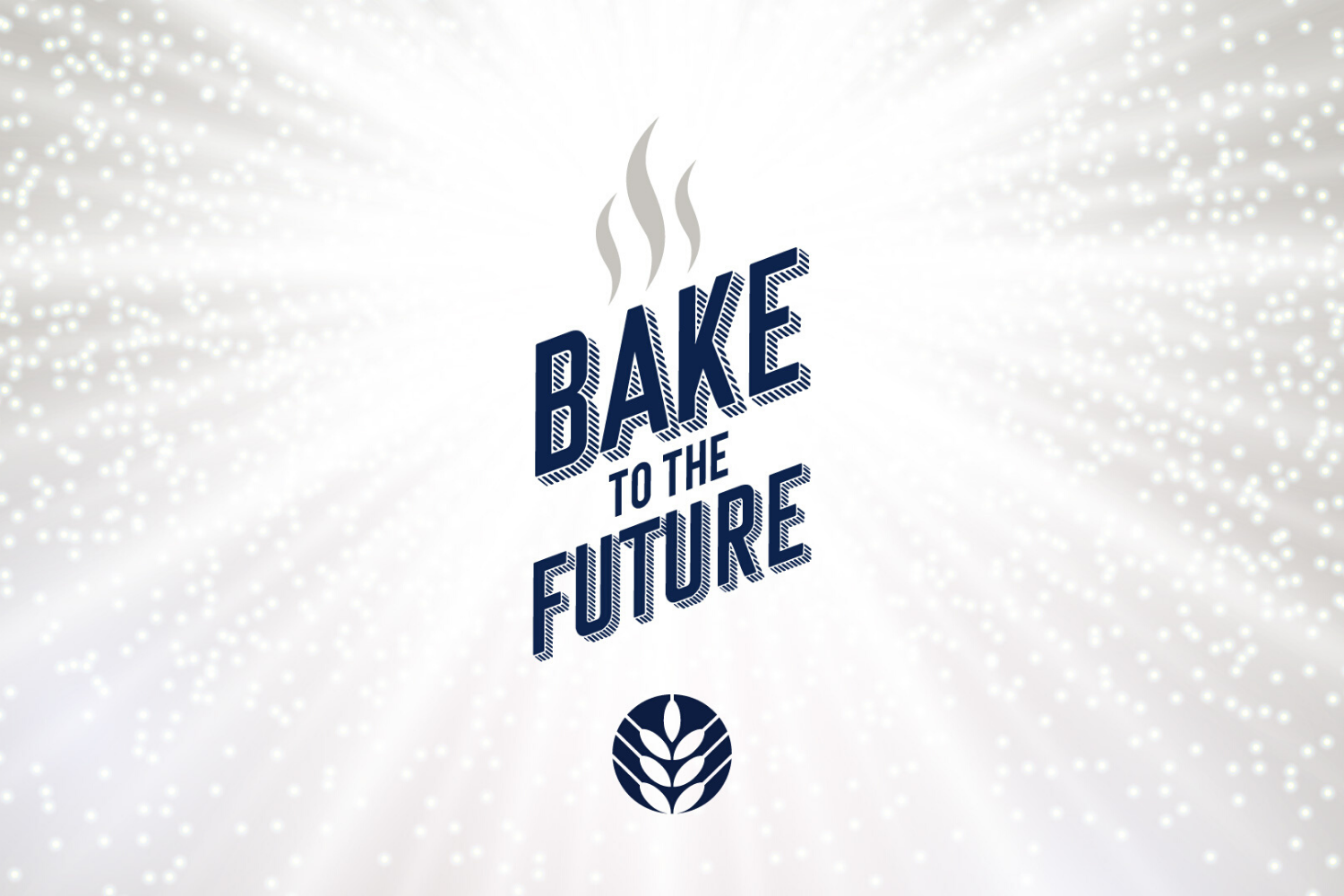There’s a reason it’s called a patchwork.
State and local government rules and regulations vary widely, and they sometimes conflict with federal measures.
Staying on top of this patchwork “is challenging on an ordinary day,” said Kelly Knowles, American Bakers Association’s Vice President, Political and State Affairs. “If you add in a national crisis, it can be very cumbersome and confusing for members.”
During the COVID-19 crisis, ABA has been fighting to remove a range of obstacles for the baking industry. An important piece of this work focuses on state and local efforts.
Knowles outlined these efforts on ABA's podcast, Bake to the Future. She was interviewed by Katie Juhl, ABA’s Director of Communications and Marketing, and Hailey Blumenreich, Marketing and Communications Coordinator.
Navigating State vs. Federal
During this emergency period, much of the national focus has been on federal government actions to address hurdles. A prime example is the naming of “critical infrastructure” sectors, including food and agriculture, intended to make operations easier for those industries. The baking industry is considered part of the food and agriculture designation.
However, there’s a catch. The federal guideline still needs to be recognized by each state before it can take effect within that state. In a few cases, states haven’t complied, which challenges industry operations, including for companies that operate across multiple states. ABA is working with a broad food industry coalition to address this challenge for bakers.
“We are reaching out to those governors who have not recognized the uniformity put down by the federal government for critical infrastructure,” Knowles said. “This will help bakers on the front lines to operate their businesses on a day-to-day basis.”
Focusing on Employees and Supply Chain
Baking and supplier companies consider the safety of employees as their top priority, Knowles said. This includes the need to secure personal protective equipment for workers.
Moreover, companies are focused on reducing the high levels of uncertainty across the supply chain. Government rules for operating at manufacturing facilities need to take into account both employee safety and the importance of keeping production lines going. Occasionally there are challenges in particular states, with Colorado as a recent example. The governor of that state hasn’t provided flexibility on social distancing rules to take into account the realities of manufacturing plant operations.
The governor has implemented rules “saying that employees have to remain six feet apart inside a bakery facility and other food industry facilities,” she said. “That presents an obvious challenge of how to get the work done if you have to stay so far apart from another employee on the production line.”
ABA has responded by “working with other food industry partners and public stakeholders in Colorado to try to bring some common sense and practicality to the situation, while also making employee health and safety our number one priority.”
Bringing Resources to the Table
ABA is benefiting from earlier investments it made to boost state and local affairs resources for bakers.
One of those resources is ABA’s State Affairs Working Group, which is comprised of member executives who work on the state and local levels.
“They have been really great at sharing, and going back and forth on what’s working best at their companies,” Knowles said.
The group has been conducting calls during this crisis, enabling participants to compare notes about best practices.
This involves “even simple things like, how are you administering temperature checks at your bakery? Or, where are you finding supplies for PPE? The industry has really come together to try to solve these challenges.”
Eyeing Future of State and Local Initiatives
Future developments at the state and local levels are hard to forecast at this stage. Many state legislatures aren’t even in session right now, and it’s unclear when they will reconvene. Once back in session, legislatures are likely to focus on budgetary issues and follow-up measures related to the coronavirus crisis.
That leaves in question the status of issues ABA was tracking before the crisis hit. One example is state legislation that would reclassify independent contractors, including in the baking industry and other food and business sectors. In California, that legislation was called AB5, dubbed “the gig economy bill.” It took effect in that state earlier this year.
“AB5 has been very damaging to the baking industry,” Knowles said.
ABA has been tracking potential legislation in New Jersey that mimics the California measure, but has been put on hold for now.
“So the question is, ‘When will it return?’” Knowles said.
The answer isn’t clear at this point. The good news, however, is that ABA will continue to advocate for the industry’s interests at all levels of government. This is true both during the COVID-19 crisis and beyond.
Efforts will be aimed at “removing red tape and working with public and private stakeholders to try to solve problems for bakers,” Knowles said.
Listen on BaketotheFuture.org or on your smartphone wherever you listen to podcasts.
